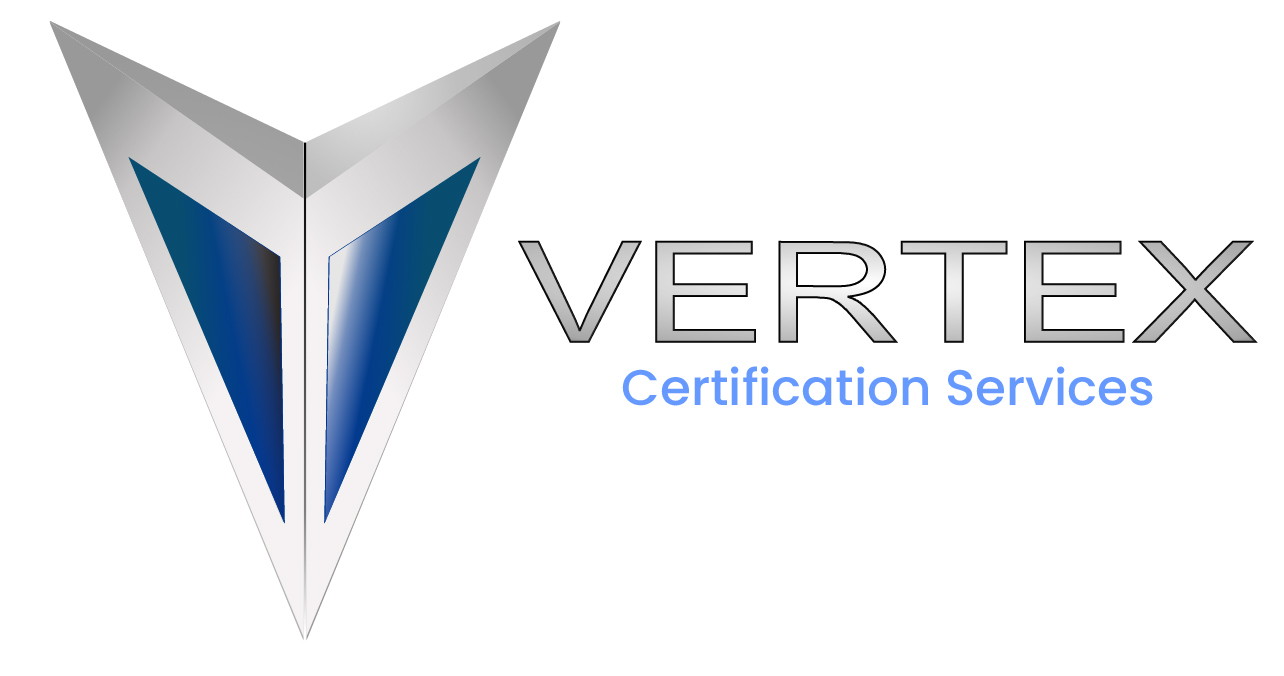
Training Services
An employee does not have to be completely knowledgeable about the ISO standard. In fact, adding more information to their already overburdened plates may make consumers feel overwhelmed and less likely to support the implementation of the standard. The extent of ISO quality awareness is significantly more limited. Employees can better grasp their position in the QMS (Quality Management System) and how their particular responsibilities affect it by attending ISO standard awareness training. Employees can thus learn how their activities are crucial to the application of the ISO standard through awareness training. The employee need not be well versed in the definition of the ISO standard to demonstrate quality awareness. It indicates that they are conscious of the impact their contribution has on the organization’s drive for compliance.
What employee should know?
-
- The business’s quality standards
- The department’s quality goals for the employee
- Contribution of the employee specifically to the QMS’s success
- What advantages better performance will provide for the business
- What non-compliance entails and the repercussions of not adhering to the norm.
These essential ideas give staff members the inspiration and information they need to meaningfully participate to the QMS. In order for the employees to align themselves with the company’s vision, it serves to educate and empower them. By providing employees with this degree of expertise, management distributes responsibilities and fosters a sense of belonging among staff members. Achieving employee buy-in and increasing engagement require this emotion.
Internal Auditor Training program
An excellent instrument for improvement is internal auditing of the Quality Management System, which evaluates the level of execution. This internal auditor course will include training sessions, activities, and group discussions in addition to instruction on how to accomplish its goals.
Course Objectives
-
- Ensure delegates are aware of the key principles involved in inspecting the quality management system
- To teach/improve practical auditing abilities so that one can earn an internal auditor certification
- To give the delegates the skills necessary to organize, manage, and perform internal QMS audits in conformity with ISO 19011’s guidelines and principles.
Benefits
-
- To comprehend the obligations and duties of an internal auditor.
- The audit’s planning, execution, and reporting.
- To comprehend how the ISO standard is interpreted.
- To comprehend auditing guiding principles and procedures.
- Exercises and case studies for education.
Training Outline
-
- Context, Leadership, Support, Operation, Performance, and Improvement: QMS Requirements.
- Auditing standards.
- Auditor responsibilities and roles.
- Setting up an internal audit.
- Carrying out an audit.
- Presenting audit findings.
Who Should Attend
-
- Top management.
- QMS managers and officers.
- QMS internal auditors.
- Management system professionals and consultants.
- Anyone interested in Quality management system.
Lead Auditor Training Program
The Lead Auditor course for the ISO standards, Quality Management System (QMS) is aimed at providing learners with the information and skills they need to plan, carry out, and report on a QMS audit in accordance with the relevant audit principles, procedures, and techniques. The training course helps the participants comprehend what an auditor does, how to interpret the ISO standard, and the fundamentals and methods of auditing.
Benefits
-
- To compare the obligations and duties of an internal auditor
- To plan, conduct, and report the audit
- To understand the interpretation of ISO standard
- To understand the interpretation of ISO standard
- Exercise and case study for learning.
The Benefits
-
- Context, Leadership, Support, Operation, Performance, and Improvement Needs for Quality Management Systems (QMS)
- auditing standards
- Auditor responsibilities and roles
- Setting up an internal audit
- Carrying out an audit
- Presenting audit findings
Who should attend?
-
- Top management.
- QMS managers and officers.
- QMS internal auditors.
- Management system professionals and consultants.
- Anyone interested in Quality management system.
Additionally, we also offer training programs based on customer requirements against the standards.

